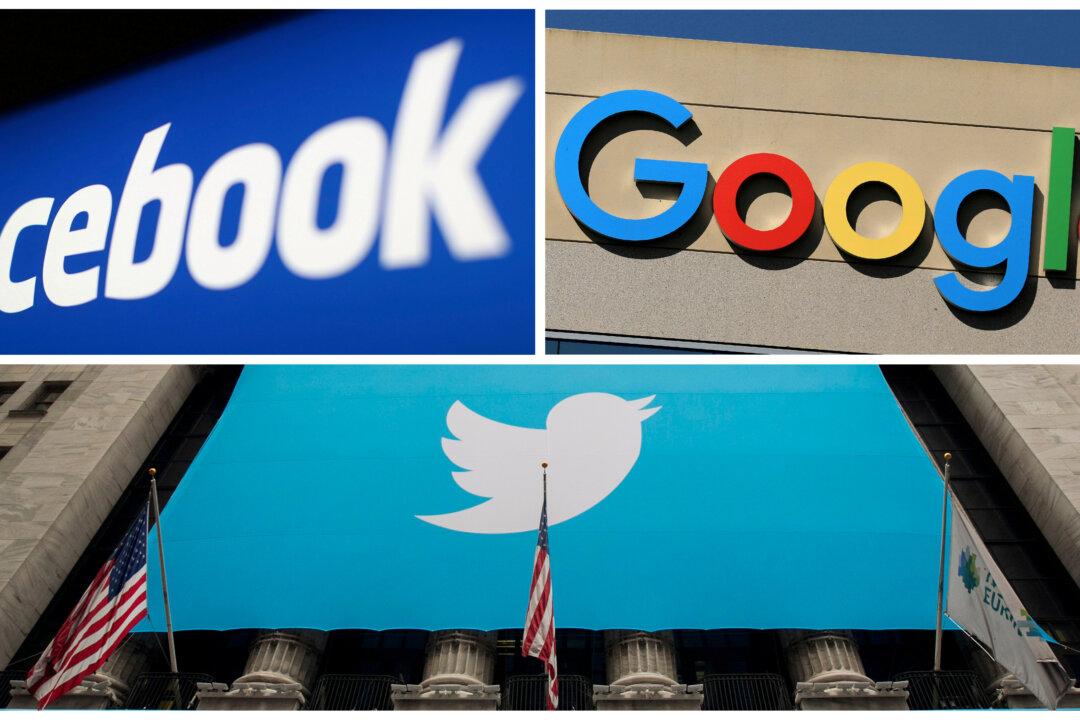Big tech companies such as Facebook, Google, and Twitter can arbitrarily censor internet content viewed or posted by users to influence their political views. After the 2016 election, tech giants enhanced their systems and algorithms to more effectively control and block internet content that does not conform to their mostly left-leaning views.
Concerns are being raised about Silicon Valley’s influence on democratic politics including elections, Allum Bokhari an investigative journalist said in an interview on The Epoch Times’ “American Thought Leaders.”






